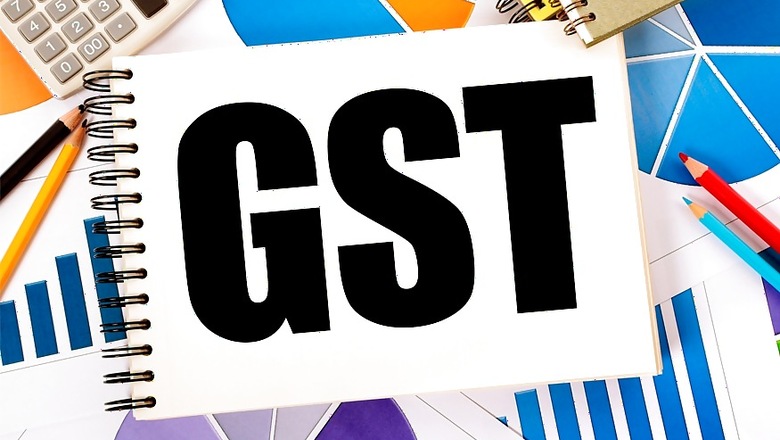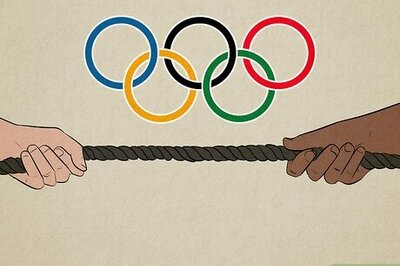
views
New Delhi: The Goods and Services Tax (GST) council will be meeting for the 25th time on Thursday with just two weeks to go before the last annual budget ahead of the 2019 Lok Sabha Elections.
Issues relating to rates of multiple items and compliance will most likely be discussed during the meeting.
Notably, the government has gathered Rs 80,808 crores in GST revenues during the month in November, a steep decline from Rs 94,063 crore that was collected in July. This will be the last meeting before Finance Minister Arun Jaitley presents his fifth and the last full year Budget.
The Council is likely to allow a single stage return filing to reduce compliance burden and ease procedures for small and medium businesses. The three key return forms, GSTR1, GSTR2 and GSTR3 may be consolidated into a single form, a senior government official confirmed.
According to official sources, about 70-80 goods and services are also likely to get cheaper, with Jaitley expected to push for tax rate cuts in the GST Council meeting.
Items such as electric vehicles, irrigation equipment and handicrafts are likely to be brought down to a lower rate slab. In November, the Council had decided to cut rates of more than 200 items, a move which is expected to have revenue implication of Rs 20,000 crore annually.
The Council will also look at recommendations of the law review committee comprising officials from states and the Centre. Some of these changes, when approved, may need amendment in GST related laws.
Deferment of some of the key features under GST, including reverse charge mechanism (RCM), tax deducted at source (TDS) and tax collected at source (TCS) among others are some of the key recommendations submitted by the panel of officers.
Reverse charge is a mechanism where the recipient of the good or service will have to pay GST, which is otherwise paid by the supplier. The charge is applicable to a registered dealer if he buys goods from a dealer not registered under GST. However, the receiver of the good is eligible for input tax credit, while the unregistered dealer is not.
While registered taxpayers were not willing to take the burden of paying tax, small or unregistered taxpayers would have run out of business if registered dealers did not buy goods from them. Keeping this in mind, GST Council in October had deferred the mechanism till April 1.

















Comments
0 comment